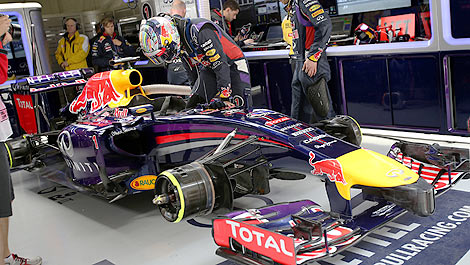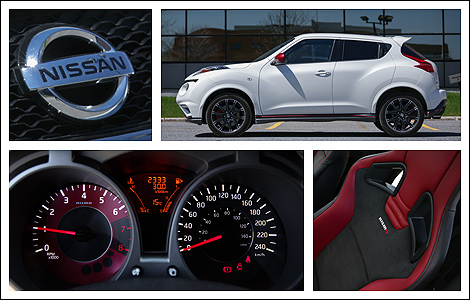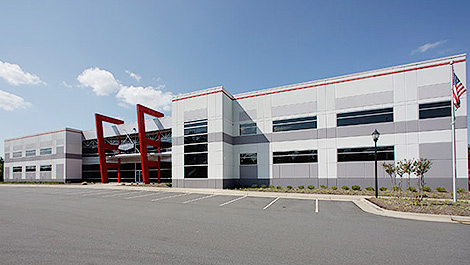Jun
4th
Stay connected Subscribe to our RSS feed
From Honda Canada
To bring attention to Honda's unique corporate culture rooted in racing and the manufacturer's title sponsorship of the Honda Indy Toronto, the brand is promoting its popular 'Checkered Flag' annual sales event with a 30-second commercial spot launching today, starring IndyCar driver James Hinchcliffe.
The famed driver acts as a Honda Civic Si driver and is challenged to a driving skills test by a second Si driver.
Honda's fully integrated marketing campaign will include online, TV and various social media platforms, designed to heighten the awareness of the Honda brand, while also promoting Honda's injection of racing innovation into every product it sells.
The full 30-second commercial featuring IndyCar driver James Hinchcliffe, will debut on Canadian television screens today and will run until July 31.
A behind-the-scenes video on the making of the commercial can be seen here.
"Honda is leveraging its exciting relationship with IndyCar driver James Hinchcliffe and its proud title sponsorship of the Honda Indy Toronto, to broaden awareness of Honda's racing heritage and the annual 'Checkered Flag' sales event," said Dave Jamieson, Assistant Vice President of Sales and Marketing, Honda Canada Inc.
"This humorous commercial gives us the opportunity to bring attention to Honda's racing spirit and the advanced technology and performance found in all of our Honda vehicles."
The 'Checkered Flag' sales event runs from June 3 to July 31, 2014 at all Honda dealerships across the country and offers Canadians attractive purchasing options for all Honda products. This year's event will introduce Honda's first retail offering of weekly payments in its Canadian history.
To bring attention to Honda's unique corporate culture rooted in racing and the manufacturer's title sponsorship of the Honda Indy Toronto, the brand is promoting its popular 'Checkered Flag' annual sales event with a 30-second commercial spot launching today, starring IndyCar driver James Hinchcliffe.
The famed driver acts as a Honda Civic Si driver and is challenged to a driving skills test by a second Si driver.
Honda's fully integrated marketing campaign will include online, TV and various social media platforms, designed to heighten the awareness of the Honda brand, while also promoting Honda's injection of racing innovation into every product it sells.
The full 30-second commercial featuring IndyCar driver James Hinchcliffe, will debut on Canadian television screens today and will run until July 31.
A behind-the-scenes video on the making of the commercial can be seen here.
"Honda is leveraging its exciting relationship with IndyCar driver James Hinchcliffe and its proud title sponsorship of the Honda Indy Toronto, to broaden awareness of Honda's racing heritage and the annual 'Checkered Flag' sales event," said Dave Jamieson, Assistant Vice President of Sales and Marketing, Honda Canada Inc.
"This humorous commercial gives us the opportunity to bring attention to Honda's racing spirit and the advanced technology and performance found in all of our Honda vehicles."
The 'Checkered Flag' sales event runs from June 3 to July 31, 2014 at all Honda dealerships across the country and offers Canadians attractive purchasing options for all Honda products. This year's event will introduce Honda's first retail offering of weekly payments in its Canadian history.
 The latest auto news, reviews, prices, product and vehicle releases.
The latest auto news, reviews, prices, product and vehicle releases. 








